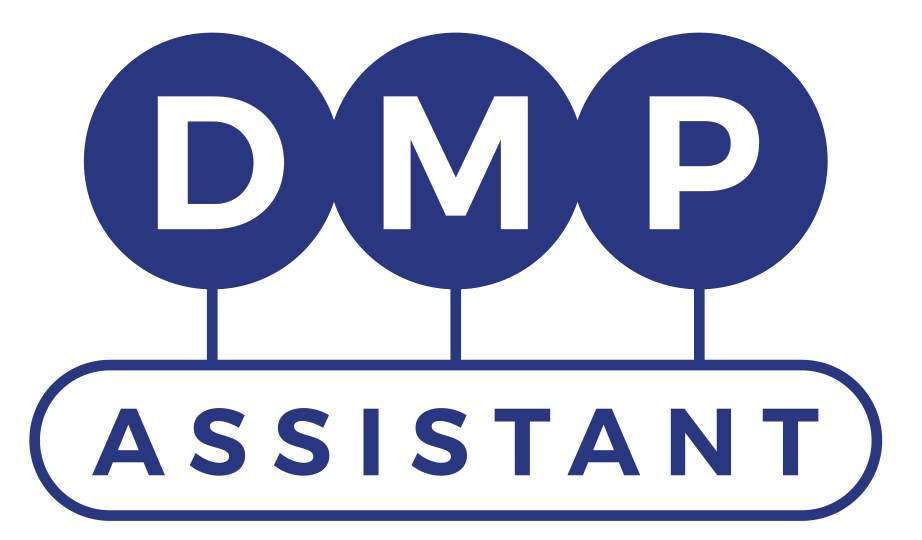Terms of use
Portage is a national, library-based research data management network sponsored by the Canadian Association of Research Libraries (CARL) that cooperates with other RDM initiatives to build capacity and better coordinate shared activities.
Data management planning templates and resources
The Portage Data Stewardship Template and associated guidance on Portage DMP Assistant (but not the plans themselves) are under a Creative Commons Zero License.
Institutional data management planning templates and their associated guidance are under their own Creative Commons License terms. Contact individual institution for more details.
Your personal details
DMP Assistant keeps limited information about users. In order to help identify and administer your account, we need to store your profile information and email address.
We may use your email address to contact you to obtain feedback on your use of the tool or to inform you of the latest developments or releases. The information may be transferred between the Portage partner institutions but only for legitimate internal purposes. We will not sell, rent or trade any personal information you provide to us.
Your account activity information
For security and version control purposes, DMP Assistant records the user’s last login time, as well as information on when responses were saved and by whom. No other session information is stored nor is clickstream data tracked or retained in the DMP Assistant.
The web hosting service (provided by University of Alberta) does collect clickstream data, but this information is captured anonymously and cannot be linked to a specific user. See the UofA Privacy Policy.
Privacy Policy / Your DMP data
Information added to the DMP Assistant is only accessible to the researcher and those with whom the researcher chooses to share access. Administrators of DMP Assistant are only able to view the project description; they have no access to any other information in researchers’ plans.
Freedom of Information
The Alberta Freedom of Information and Protection of Privacy Act (“FOIP“) generally applies to any records that are collected, used or disclosed in the course of the operations of the university (subject to some limited exceptions). FOIP imposes obligations on the university to:
- provide access to records under the custody or control of the university, subject to limited exceptions; and
- protect the personal information that is under its custody or control by making reasonable security arrangements against risks such as unauthorized access, collection, use, disclosure or destruction.
Passwords
Passwords of registered users are stored in encrypted form and cannot be retrieved. Forgotten passwords must be reset. Passwords are not stored for users registering and logging in using CAF Authentication.
Google Analytics Opt-Out
This website uses Google Analytics to capture and analyze usage statistics, but it doesn’t link to specific users, and information remains anonymous. You may choose to opt-out of having your website activity tracked by Google Analytics. To do so, visit the Google Analytics opt-out page and install the add-on for your browser.
Revisions
This statement was last revised on March 10, 2017 and may be revised at any time. Use of the tool indicates that you understand and agree to these terms and conditions.
Third Party APIs
The DMP Assistant does not currently use third-party APIs.
Cookies
Cookies are small pieces of text sent to your web browser by a website you visit. It’s stored in your web browser and allows the website to improve your user experience. Cookies cannot be used to identify you personally. DMP Assistant uses session cookies to keep the session information so that the user’s interaction with the application is persistent on their visit. The cookie will be automatically created when the user starts browsing the site and will be expired when the browsing session ends. DMP Assistant also uses cookies for analytics purpose with Google Analytics. A set of cookies may be used to collect and report website usage statistics without personally identifying individual visitors, so we can understand how visitors are engaged with the application.
